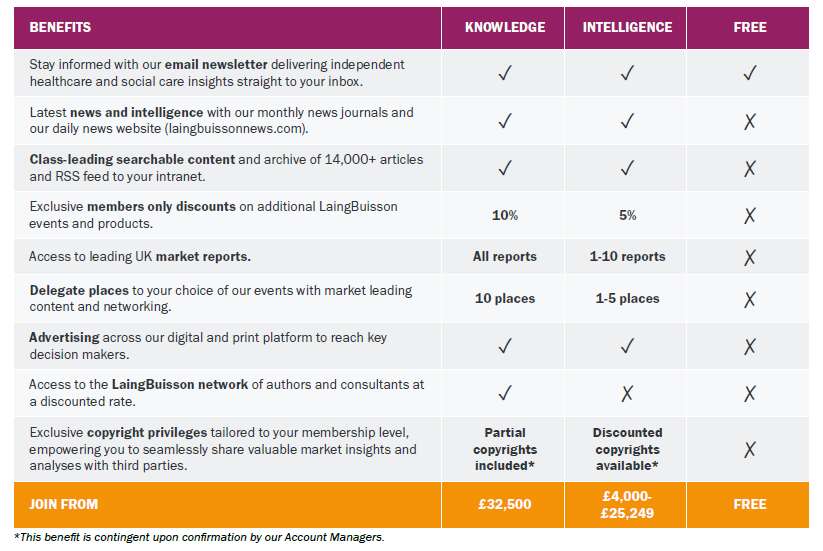Has Covid-19 brought about a sustainable Digital Revolution in UK Healthcare?
LaingBuisson has today launched the 2nd edition of its Digital Health UK Market Report.
Written in the second half of 2020, the report is the most up to date report on the digital health market, taking on board the impact of the Covid-19 pandemic on the healthcare sector’s digital transformation, looking at what happened in reality as well as cutting through the myth. It considers key question such as ‘has Covid-19 tipped the balance for the delivery of digitally-led healthcare services?’ and ‘how has digital health matured during the pandemic?’
Different to many LaingBuisson reports, this report includes extensive information on the NHS in the UK, how it works, its regulation and political considerations. This is because the NHS is the main driver for the adoption of digital health technology in the UK. The report reflects that healthcare technology is widely used but its quality is variable. Adoption in the social care sector, in particular, lags behind other parts of the market and differs between providers. The impact that the recent re-organisation of healthcare to consolidate the position of Integrated Care Systems (ICS) is yet to be seen but some reduction in the variability of adopted technology should be expected.
The pandemic has seen an increase in spending on technology in the healthcare sector, and some platforms are starting to emerge as standards, while others have failed. Investment has been made in video consultations, data gathering and analysis and the contact tracing app. The report offers insight into the successes and failures.
Unsurprisingly, solutions which are not especially relevant to Covid-19 have seen a downturn, which leaves a question mark over the healthcare sector’s long-term commitment to digital transformation.
Beyond Covid-19, the report contains the latest data on a range of existing and legacy technologies in UK healthcare, including:
- Patient Admission Systems (PAS)
- Electronic Patient Records/Electronic Medical Records (EPR/EMR)
- Specialist clinical systems
- Digital apps
- Wearables
- Artificial intelligence
- Interoperability across systems and sectors
- Pathology and radiology
Report author, Martin Bell said:
“Covid-19 has undoubtedly accelerated digital transformation in healthcare and technology is being used more than ever. This offers the opportunity for healthcare providers to transform their services, not only in terms of efficiency but also offering patients choice. This in turn creates opportunities for investors and suppliers.
“While take up of new technology during the pandemic is beyond the expectations we would have had for 2020 this time last year, there still remains the challenge of using and scaling the technologies that exist and ensuring their penetration across all areas of the market, let alone of introducing further technology. For all the increased interest in the benefits technology can offer healthcare, investment in NHS IT remains insufficient and take up of technology remains patchy in some sectors of the market, notably social care. While these shortcomings have been highlighted by the pandemic and should provide impetus for change, whether there is the money and appetite for sustainable digital transformation in UK healthcare remains in question.”







